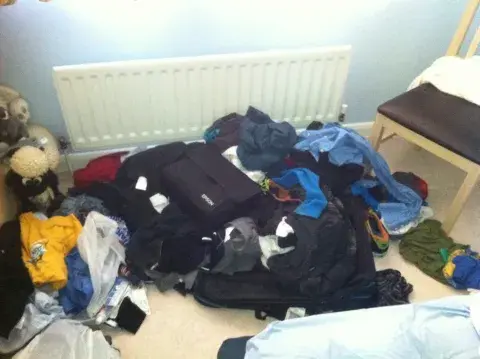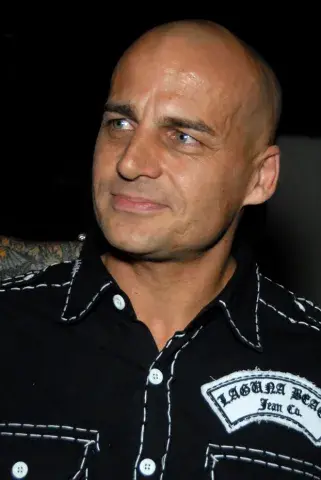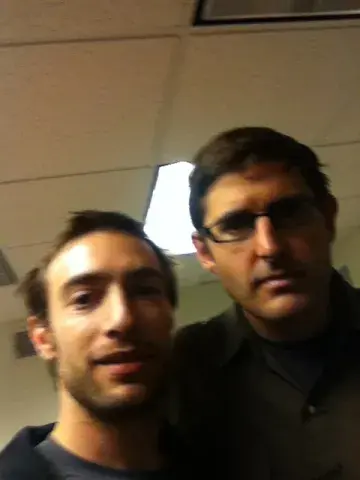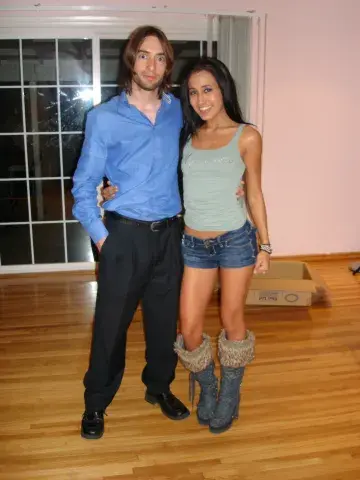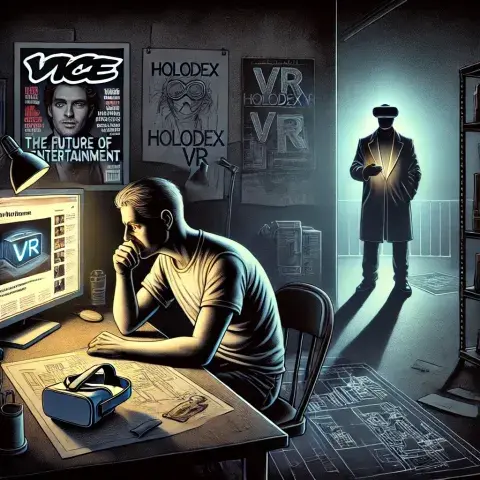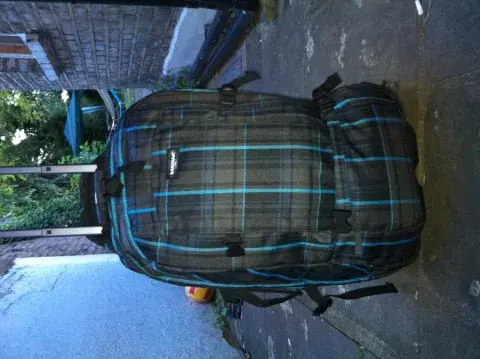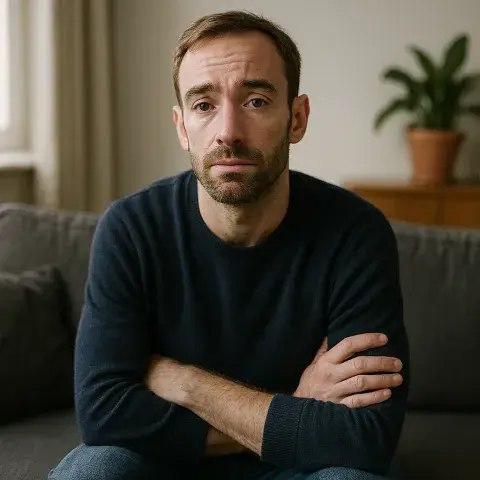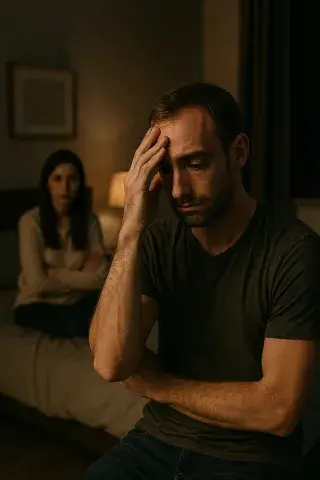Chapter 37 - Volgograd
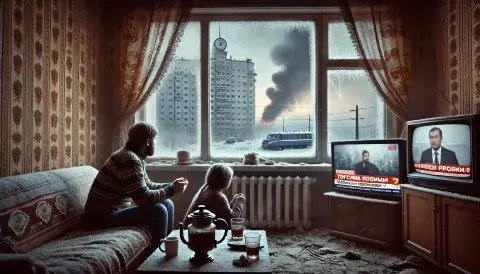
The morning of December 29th in Volgograd began like any other: the hum of early commuters, the rhythmic clatter of trains, and the crisp chill of winter in the air. My wife and I had planned to head to the railway station to buy our return tickets. It was supposed to be a simple errand. But true to form, I couldn’t peel myself off the mattress.
She had nudged me awake several times, frustration mounting with each attempt. "We need to go," she insisted, her tone a mix of urgency and exasperation.
"Five more minutes," I mumbled, pulling the blanket tighter around me. Morning had never been my forte, and this was no exception.
Her glare was palpable, but she eventually gave up and sat by the window, arms crossed, waiting for me to stir. By the time I finally dragged myself out of bed, laziness had turned into procrastination. We decided we’d go later—what was the rush, anyway?
And that decision, as inconsequential as it seemed at the time, saved our lives.
The explosion came as we were preparing to leave. A deafening boom reverberated through the city, rattling windows and sending a shockwave through the streets. We froze, staring at each other in confusion. My wife rushed to the window, peering out, while I fumbled to switch on the TV.
The news anchor's voice cracked with urgency: there had been a suicide bombing at the Volgograd railway station. Eighteen dead. Over forty four injured. Chaos had erupted in the very place we were supposed to be.
I couldn’t process it at first. My hands trembled as I tried to calculate the timeline. If I had woken up when my wife first asked me to, we would have been there—right in the heart of it.
The footage on TV was haunting. Smoke billowed from the station as emergency responders rushed to the scene. Distraught faces filled the screen, some bloodied, others simply blank with shock. We sat in silence, our plans forgotten, as the weight of what could have been settled over us.
In the days that followed, our lives shifted in subtle but profound ways. We became more cautious—about everything. Mornings were no longer marked by arguments over tardiness but by gratitude that we had the privilege of facing another day together. We questioned every decision, no matter how small, knowing now how little it takes for life to change forever.
To this day, the memory of that morning lingers, a chilling reminder of how narrowly we escaped tragedy. I still sleep in too long. But now I call it a habit that saved my life.



